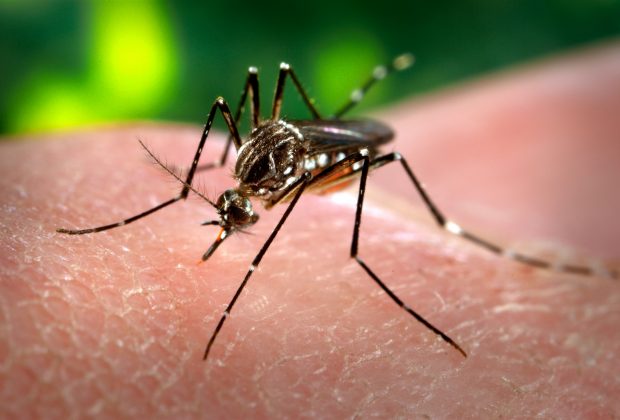Japanese Encephaliits (JE) Basic Information
This is typically an acute encephalitis; can progress to paralysis, seizures, coma and death. This is the leading cause of viral encephalitis in Asia with 30-50,000 cases reported annually. It is typically transmitted via the mosquito-borne Culex tritaeniorhynchus group. The main risk groups are residents of rural areas in endemic locations, active duty military deployed to endemic areas and expatriates in rural areas. The disease risk is extremely low in travelers.
Side Effects
(Japanese Encephalitis — VAX)
Like any medicine, a vaccine could cause a serious reaction. But the risk of JE vaccine causing serious harm, or death, is extremely small.
Mild Problems
Redness or swelling where the shot was given (about 1 person in 5)
Fever, rash, vomiting, diarrhea, headache, chills, muscle aches (about 1 person in 10)
Moderate or Severe Problems
Serious allergic reactions (between 1 in 400 and 1 in 100,000). Such a reaction could occur up to 10 days after the vaccination. Stay where you will have access to medical care during this time, if possible.
Seizures or other serious nervous system problems (between 1 in 50,000 and 1 in a million).
(Japanese Encephalitis – IXIARO)
Like any medicine, a vaccine could cause a serious reaction. But the risk of JE vaccine causing serious harm, or death, is extremely small.
Mild Problems
pain or tenderness where the shot was given (about 1 person in 4)
redness or swelling where the shot was given (about 1 person in 20)
headache, muscle aches (about 1 person in 5)
Moderate or Severe Problems
This vaccine only became available in 2009. From studies that have been done so far, severe reactions are very rare. Like all vaccines, it will continue to be monitored for serious problems.
Who Should Not Be Vaccinated
Who should not get JE-VAX (Japanese Encephalitis) vaccine?
Anyone who has ever had a life-threatening reaction to a previous dose of this JE vaccine should not get another dose.
People who have a history of severe allergic reactions may be at increased risk for an allergic reaction to JE vaccine. Tell your doctor if you have ever had a severe allergic reaction.
Pregnant women should generally not get JE vaccine. But if you are pregnant, check with your doctor. It could be recommended under certain circumstances.
If you will be traveling for fewer than 30 days, especially if you will be staying in major urban areas, tell your doctor. You may be at lower risk and not need the vaccine.
Who should not get JE Ixiaro (Japanese Encephalitis) vaccine?
Anyone who has ever had a life-threatening reaction to a previous dose of this JE vaccine should not get another dose.
Anyone who has a life-threatening allergy to any vaccine component should not get the vaccine. Tell your doctor if you have any severe allergies.
Pregnant women should generally not get JE vaccine. But if you are pregnant, check with your doctor. It could be recommended under certain circumstances.
If you will be traveling for fewer than 30 days, especially if you will be staying in major urban areas, tell your doctor. You may be at lower risk and not need the vaccine.

